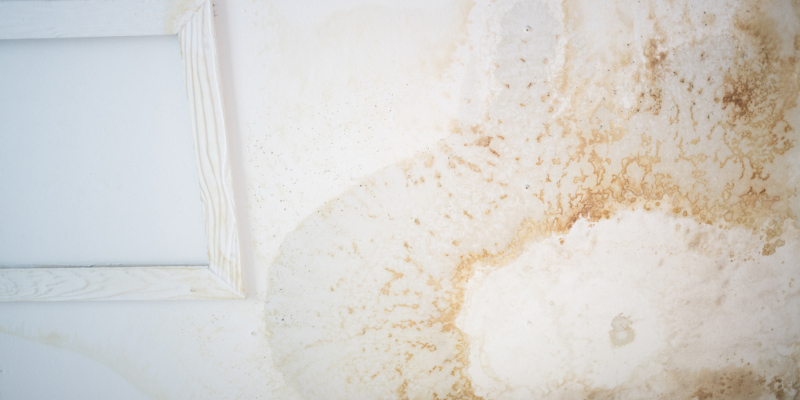
Dealing with water damage isn’t the same in every situation. While one case can be a simple matter of drying things out, another can involve more intensive processes. The difference relates to the three classifications of water that may have caused the damage – clean water, gray water, and black water. If you have experienced heavy leaking or flooding at your home, the time it will take to restore your property and the related costs involved will depend on what kind of water damage services you will need. To give you a better idea, let’s take a look at the different types of water damage:
- Clean Water Damage – If a pipe that leads into your home has burst or you have a leaking water heater or icemaker water line failure, these are all examples of clean water damage. Water damage is less involved with clean water, in most cases, although it depends on how soon the cleanup begins and what types of materials have been affected by the clean water.
- Gray Water Damage – Gray water isn’t as clean as clean water and can pose some health risks if not cleaned up properly and safely. An example includes discharge from a washing machine or dishwasher. Again, the cleanup process and what was affected factor into the processes needed for safe water damage restoration.
- Black Water Damage – Water that is heavily contaminated, such as sewage and flood water, requires the highest level of expertise to resolve safely and effectively. While you might do your own cleanup for water damage related to clean or gray water, you should never handle it yourself if black water is involved. The viruses, bacteria, parasites, fungi, and other contaminants in black water present a high health risk if handled improperly. Best to call an experienced water damage services company right away.
If you have water damage at your home and you are not confident in resolving it on your own, call for professional water damage services. They can answer your questions and assist you with getting your house back to normal.






